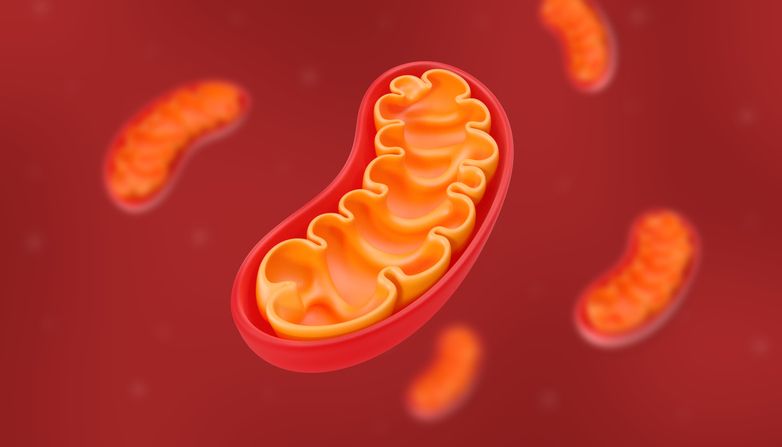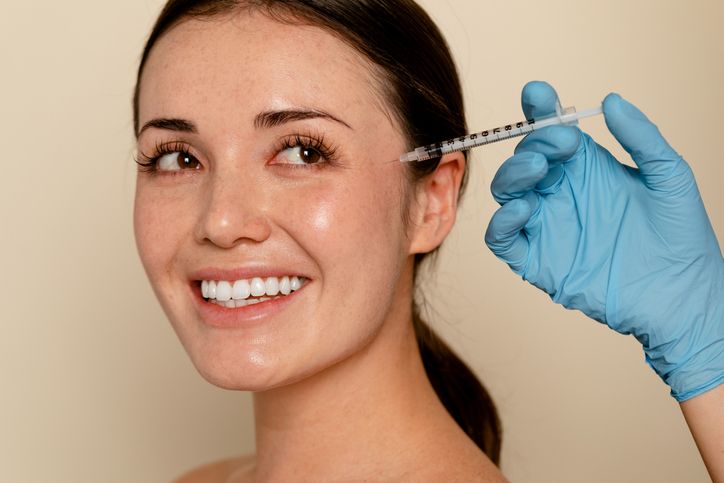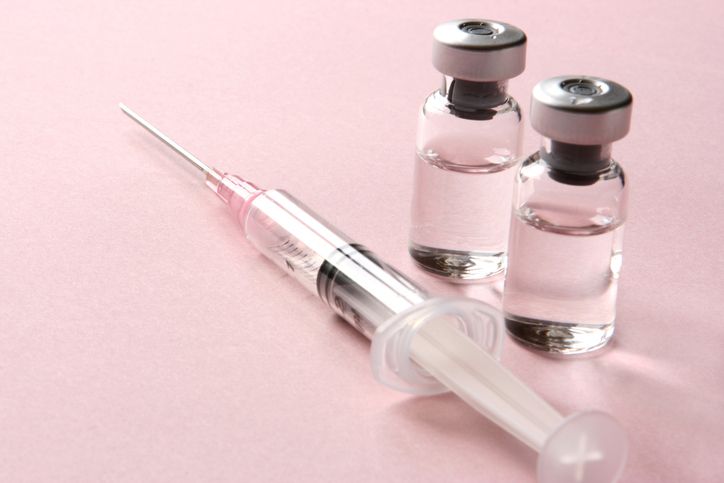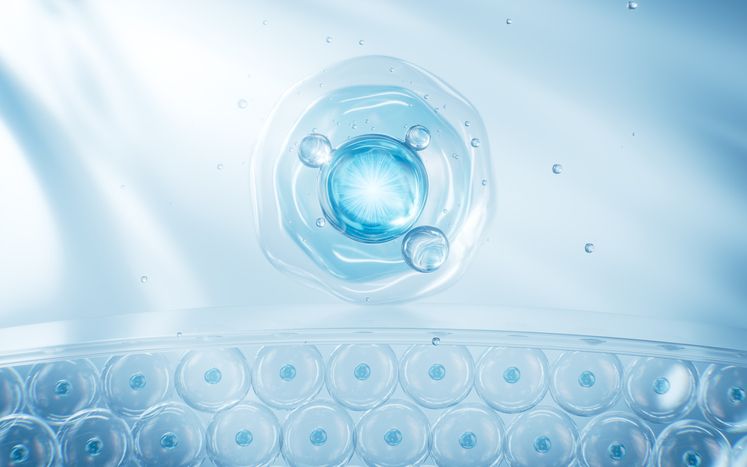
- Home
- Trend
- Weight Loss Strategies
- Acne Tips
- Hair Health Information
- Blemish Removal Tips
- Acne Scar Removal Tips
- Muscle Building Techniques
- Intimate Care Tips
- Postpartum Intimate Care
- Eye Bags Wiki
- Tips for Face Slimming
- Secret of Permanent Hair Removal
- Breast Enlargement Tips
- Cure to Snoring
- Marionette Lines
- Skin-Tightening Secrets
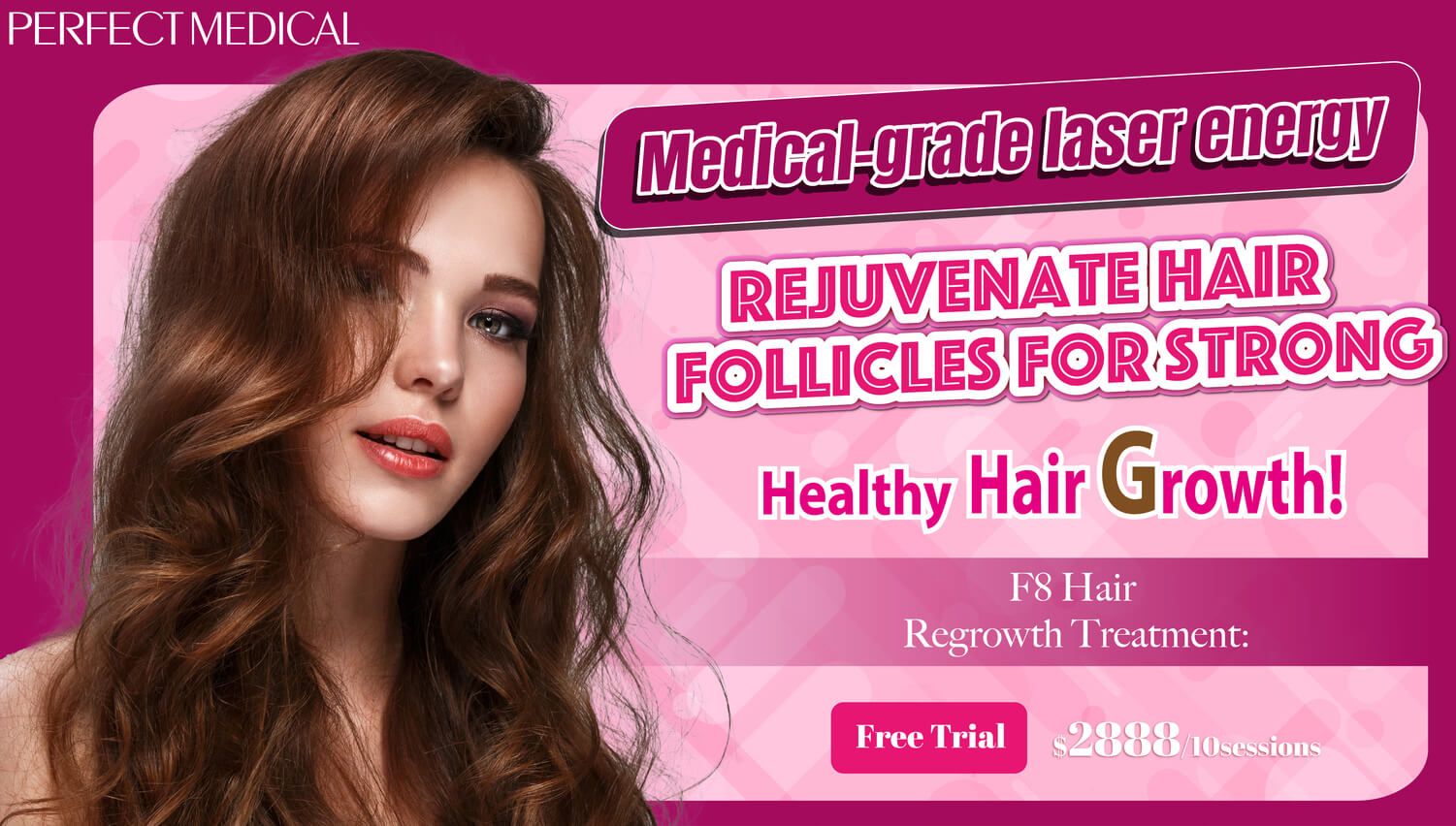
免費體驗
F8 Hair Regrowth Treatment
1 Minute Self-Registration
Date should not be before minimal date
When it comes to taking care of your hair naturally, some people believe in using onion juice as a surprising remedy. But is it really effective? What does it actually do to your hair? Let's explore some strange myths that people follow for the sake of hair health.
1
The Magic: Onion Juice and Hair Follicles?
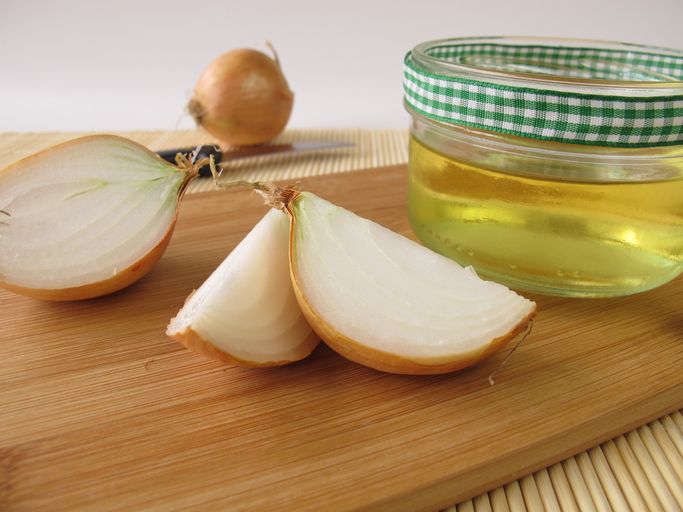
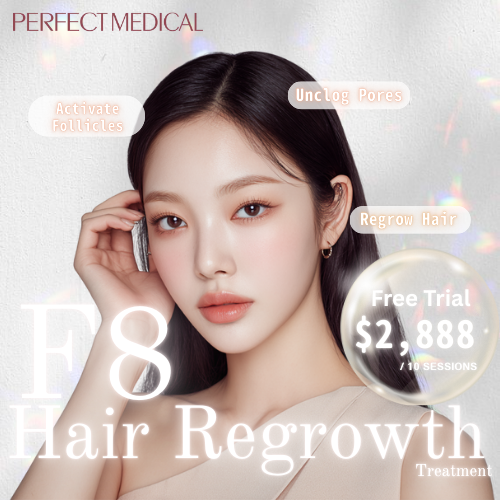
2
What Can Onion Juice Do To Our Hair Roots? Is Hair Follicle Fragile?

- ARTAS Robotic Hair Transplant: 6 Advantages Compared With FUE + Full Treatment Walkthrough
- Instagram’s Viral Curtain Bangs: 8 Celebrity-Inspired Looks + Styling Tips!
- The M Shape Hairline: Why Are They Receding So Fast?
- Hair Transplant: FUT vs. FUE Techniques! Are You A Candidate For Hair Transplant Surgery?
3
10 Myths That May End Up Giving You Itchy Scalp Rather Than Reduced Hair Loss
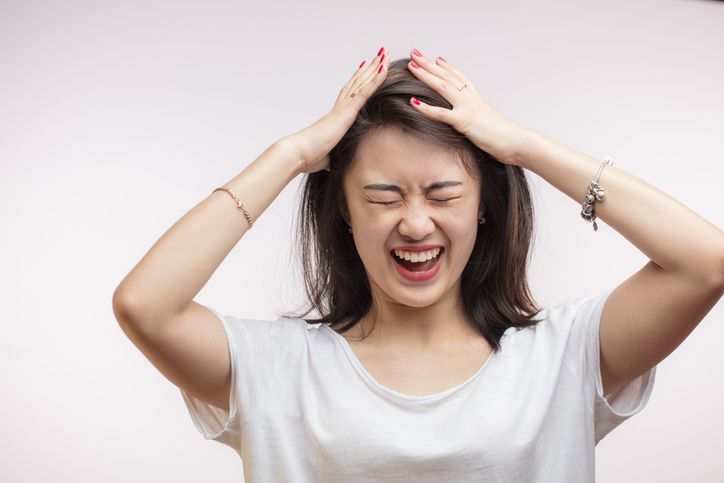
Olive Oil for Rapid Hair Growth
Honey as a Natural Hair Straightener
Coconut Oil as a Sunscreen for Hair
Baking Soda for Scalp Health
Lemon Juice for Hair Lightening
Mayonnaise as a Deep Conditioning Treatment
Beer for Hair Volume
Avocado Masks for Repairing Split Ends
Coca-Cola for Shiny Hair
Egg Whites for Protein Boost
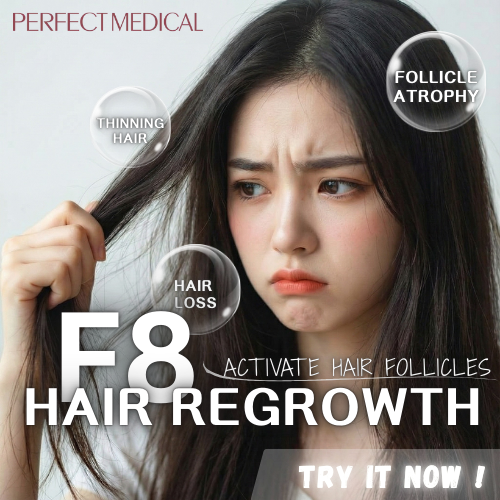
4
Believe in F8: Promoting Hair Growth And Nourishing Hair Follicles
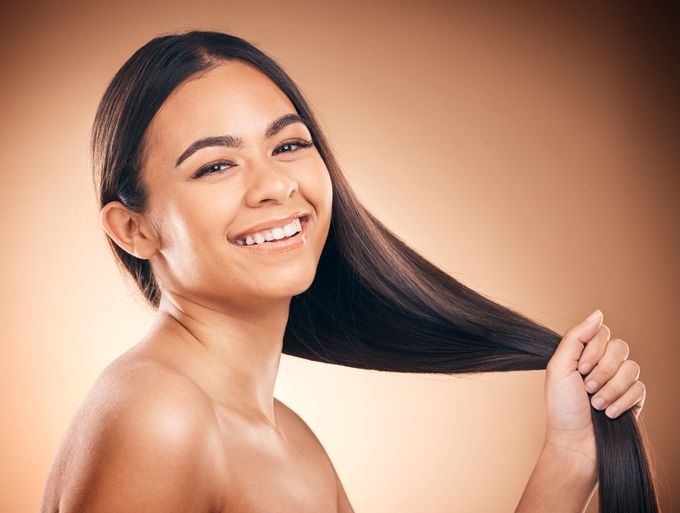
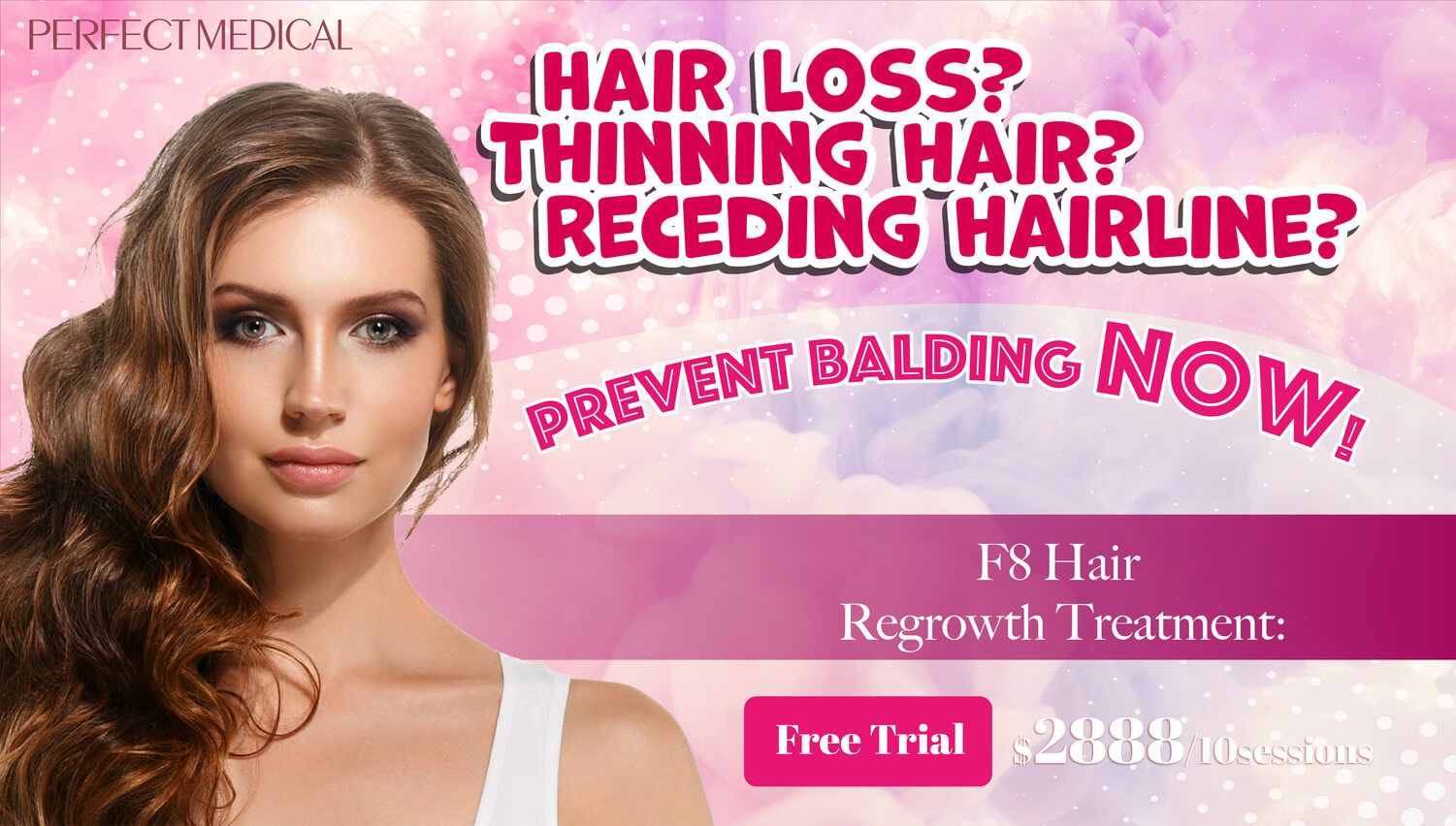
免費體驗
F8 Hair Regrowth Treatment
1 Minute Self-Registration
Date should not be before minimal date
5
What Exactly is Low-Level Laser Treatment (LLLT)?

Wavelength and Power
Cellular Interaction
Hair Loss Treatment
Non-Invasive and Painless
Treatment Sessions
Research and Efficacy
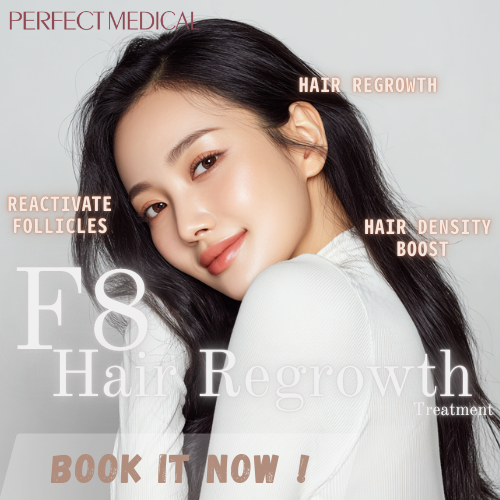
6
Closing Thoughts
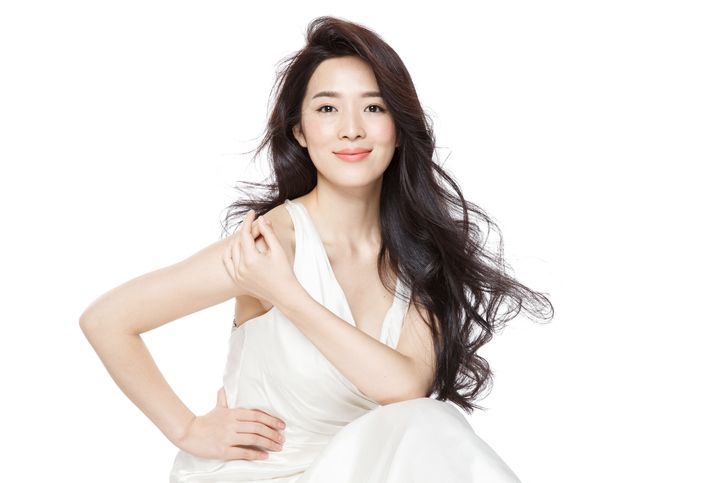
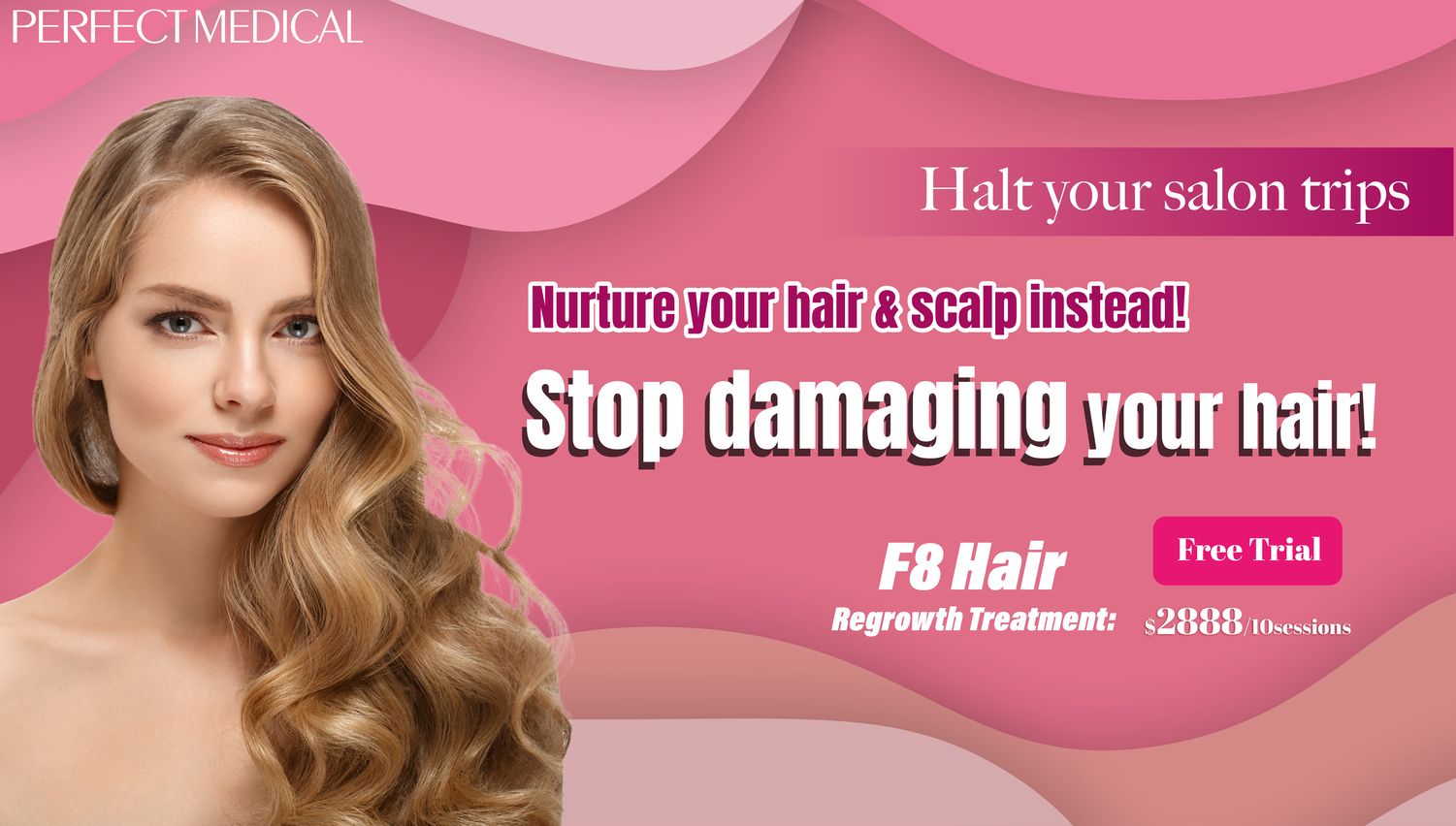
免費體驗
F8 Hair Regrowth Treatment
1 Minute Self-Registration
Date should not be before minimal date
FAQ

1. How can I address dry skin on my scalp?
Dry skin on the scalp is a common concern that can be effectively managed through a few practical steps. Utilising moisturising shampoos tailored for dry scalp conditions is a primary recommendation. These shampoos are formulated to hydrate the scalp and prevent excessive dryness. Additionally, it's crucial to avoid using hot water during hair wash, as hot water can strip the scalp of its natural oils, exacerbating dryness. Incorporating dietary sulphur-rich foods, such as eggs, garlic, and onions, into your diet can also contribute to improving overall scalp health.
2. Are there home remedies for fungal infections on the scalp?
While fungal infections on the scalp often require medical attention, there are complementary home remedies that can aid in managing the condition. Using antifungal shampoos containing ingredients like ketoconazole or tea tree oil can help control fungal growth. Maintaining proper scalp hygiene is essential; regular washing and drying of hair, avoiding sharing personal items like combs, and keeping the scalp dry can support the effectiveness of medical treatments.
3. Can amino acids contribute to healthier hair and scalp?
Certainly, amino acids play a crucial role in maintaining the health of both hair and scalp. Amino acids are the fundamental building blocks of proteins, and proteins are essential for the structure of hair. Ensuring a diet rich in protein sources like lean meat, fish, beans, and dairy products provides the necessary amino acids needed for the formation and strength of hair strands. Including these protein-rich foods in your diet can contribute to healthier and more resilient hair and scalp.
4. How does cool water benefit the scalp during hair wash?
Using cool water during hair wash offers multiple benefits for the scalp. Firstly, cool water helps prevent excessive drying of the scalp by preserving its natural oils. Additionally, it aids in closing the hair cuticles, which are the outer layers of the hair shaft. Closed cuticles contribute to smoother and shinier hair by reducing frizz and preventing damage. Incorporating cool water into your hair washing routine is a simple yet effective way to maintain overall scalp health.
5. What are the anti-inflammatory properties of certain home remedies for scalp issues?
Certain home remedies, such as aloe vera and tea tree oil, possess notable anti-inflammatory properties that can be beneficial for addressing scalp issues. Aloe vera, known for its soothing effects, can help reduce inflammation, redness, and itchiness on the scalp. Similarly, tea tree oil, with its natural antifungal and antibacterial properties, can alleviate scalp conditions like dandruff and soothe irritated skin. These anti-inflammatory properties make these home remedies valuable additions to a holistic approach to scalp health.





